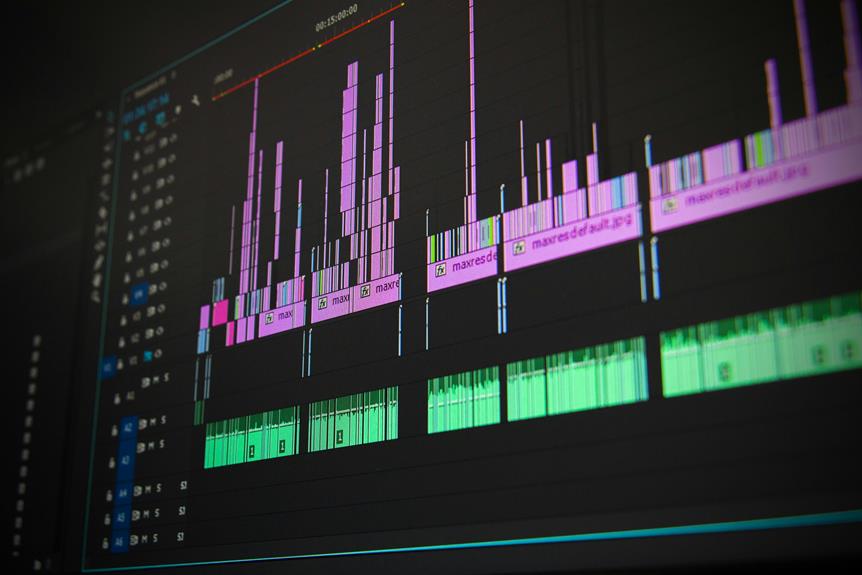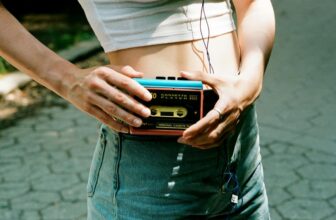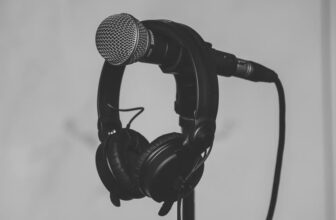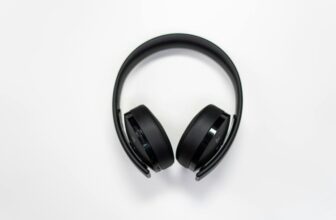
To enhance the longevity of your audio equipment, adhering to proper maintenance practices is crucial. By implementing regular cleaning routines and monitoring environmental factors, you can significantly prolong the lifespan of your gear. But, there's a key aspect often overlooked that could make a significant difference in how long your audio equipment lasts. Stay tuned to uncover this often underestimated factor that could revolutionize the way you care for your beloved audio devices.
Proper Cleaning and Maintenance
To ensure the longevity of your audio equipment, regularly clean and maintain it according to the manufacturer's guidelines. Proper cleaning and maintenance are crucial in preserving the quality and functionality of your equipment. Start by dusting the exterior surfaces with a soft, dry cloth to prevent dust buildup that can affect performance. Use a gentle cleaning solution recommended by the manufacturer for more stubborn stains, ensuring not to damage any sensitive components.
Pay close attention to the connectors and cables, as they're prone to dust and dirt accumulation. Wipe them gently with a clean, dry cloth to maintain good connectivity and sound quality. Additionally, inspect the cables for any signs of wear and tear, such as fraying or exposed wires, and replace them promptly to prevent any potential damage to your equipment.
Regularly check and clean the ventilation openings to prevent overheating, which can lead to malfunctions. Lastly, store your audio equipment in a dry and cool environment when not in use to further protect it from environmental factors. By following these maintenance practices, you can extend the lifespan of your audio equipment and enjoy high-quality sound for years to come.
Monitoring Environmental Conditions
Monitoring the environmental conditions around your audio equipment is essential for ensuring its longevity and optimal performance. Extreme temperatures, humidity, and dust can all have negative effects on your gear. To prevent damage, keep your equipment in a controlled environment with stable temperatures and humidity levels. High humidity can lead to corrosion and mold growth, while low humidity can cause static electricity buildup. Dust can clog vents and fans, leading to overheating and decreased efficiency.
Investing in a hygrometer and thermometer can help you monitor these conditions accurately. Place these devices near your audio equipment and check them regularly. Consider using a dehumidifier or humidifier to maintain optimal humidity levels. Additionally, ensure good airflow around your gear to prevent overheating. Regularly dusting and cleaning your equipment can also help maintain its performance.
Regular Inspections and Upgrades
Regularly inspecting and upgrading your audio equipment is crucial for maintaining its performance and extending its lifespan. Conduct routine visual inspections to check for any signs of wear and tear, loose connections, or dust accumulation. Clean your equipment regularly using appropriate tools to prevent dirt buildup that could affect its performance. Consider upgrading components like cables, connectors, or software to keep up with technological advancements and ensure optimal functionality.
When conducting inspections, pay close attention to the condition of your audio equipment's internal components. Look out for any unusual sounds, overheating, or performance issues that could indicate potential problems. Addressing these issues promptly can prevent more significant damage and costly repairs down the line. Additionally, staying informed about the latest upgrades or updates available for your specific equipment can enhance its capabilities and prolong its lifespan.
Safe Storage Practices
When storing your audio equipment, prioritize proper ventilation and protection from dust and moisture to maintain its longevity. Proper ventilation is crucial to prevent overheating, which can damage sensitive electronic components. Ensure there's ample space around the equipment for air to flow freely, avoiding enclosed spaces that can trap heat.
Dust can accumulate inside your equipment, leading to malfunctions and affecting sound quality. Store your audio equipment in dust-free environments or use equipment covers when not in use. Moisture is another silent killer of audio equipment, causing corrosion and rust. Avoid storing your gear in damp or humid areas, and consider using dehumidifiers if necessary.
Additionally, keep your equipment away from direct sunlight, as prolonged exposure can damage the exterior and potentially affect internal components. By following these safe storage practices, you can prolong the life of your audio equipment and enjoy high-quality sound for years to come.




